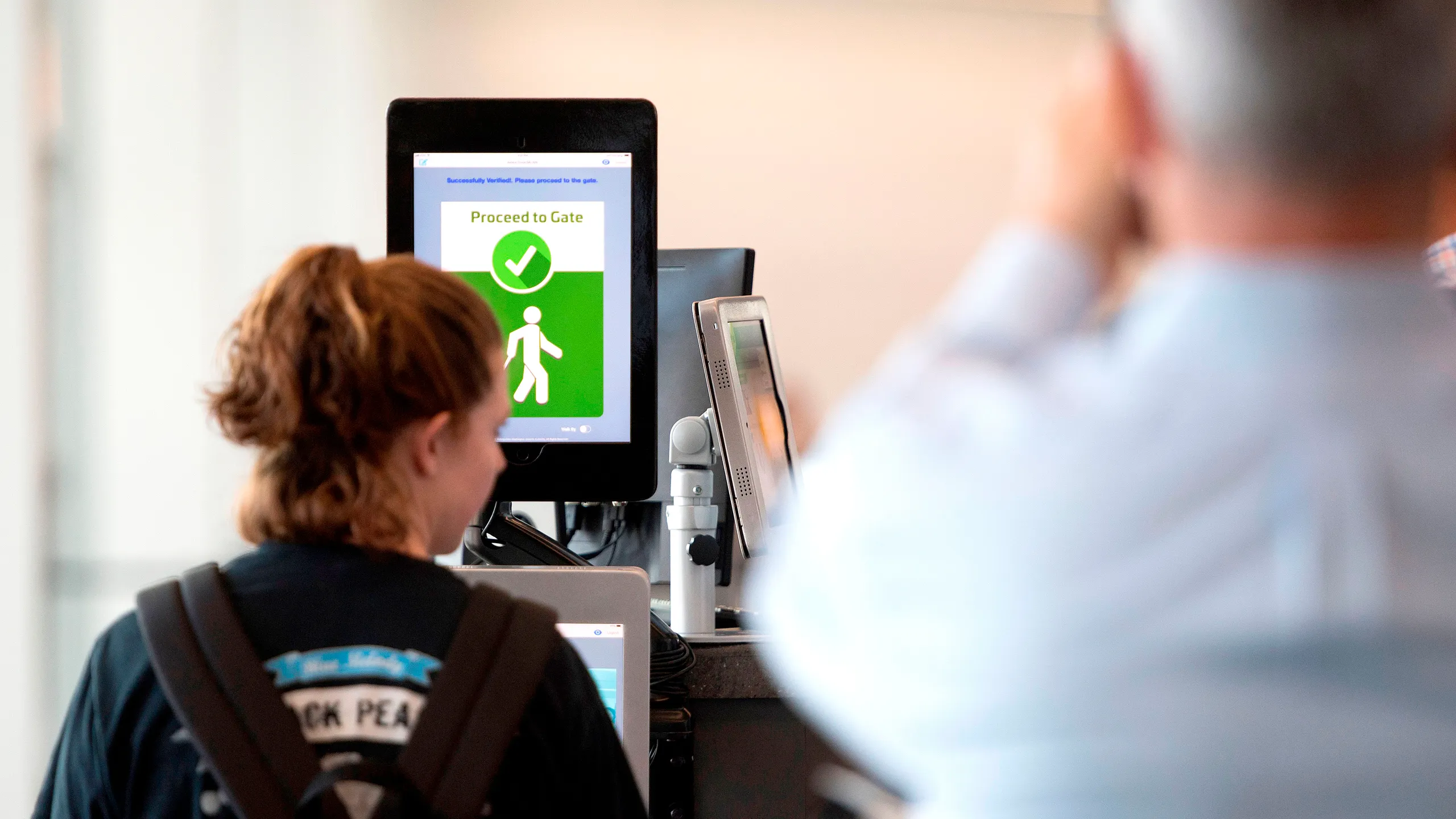
Facial recognition technology is becoming increasingly common at U.S.airports,with more than 230 airports already implementing the technology to scan travelers’faces before they board their flights.Despite its growing presence,Americans have the option to opt out of these scans.
The Implementation of Facial Recognition
The U.S.Customs and Border Protection(CBP),the federal agency responsible for border security,claims that facial recognition can enhance efficiency for travelers and reduce the need for paper tickets.However,the technology has faced significant scrutiny due to technical issues,particularly its lower accuracy on nonwhite faces,and ongoing privacy and legal concerns.Notably,the facial recognition data is collected by airlines,not directly by CBP.
Airline Involvement
Since 2018,airlines like Delta and JetBlue have been scanning passengers’faces to verify their identities during boarding.These face scans are then shared with the government to check against watchlists,including those of individuals who have overstayed their visas.Depending on the traveler’s citizenship status,the government can retain these photos for varying durations,from a few hours to several decades.This data is stored across multiple government databases,accessible to border agents for both entry and exit checks.
Opting Out:A Right for Americans
Despite the pervasive use of this technology,U.S.citizens have the right to opt out.While some airports may display signs indicating this option,others may not,making it less obvious.CBP’s website explicitly states that U.S.citizens can request alternative processing,which involves a manual review of travel documents by a border agent.
To opt out,travelers must inform an officer or airline employee at the time of a facial recognition scan.The process involves a manual check of the traveler’s passport and boarding pass,similar to the procedures before facial recognition was introduced.
Who Can Opt Out?
•U.S.Citizens and Permanent Residents:Both can opt out of facial recognition for departing international flights.They may need to opt out multiple times throughout their journey,from airport arrival to boarding the plane.
•Non-U.S.Citizens:Generally,they cannot opt out of facial recognition.Exceptions include Canadian citizens who do not require a visa to enter the U.S.and overseas diplomatic visa holders.
•Domestic Flights:Any traveler,regardless of citizenship,can opt out of facial recognition on domestic U.S.flights.
Vigilance Is Key
The process of opting out might not always be clearly indicated,so it’s essential for travelers to be proactive.According to the Electronic Frontier Foundation,“The key to opting out of face recognition is to be vigilant.”
In summary,while facial recognition technology is becoming standard at U.S.airports,Americans and certain other travelers have the right to opt out,ensuring their privacy and control over personal data.